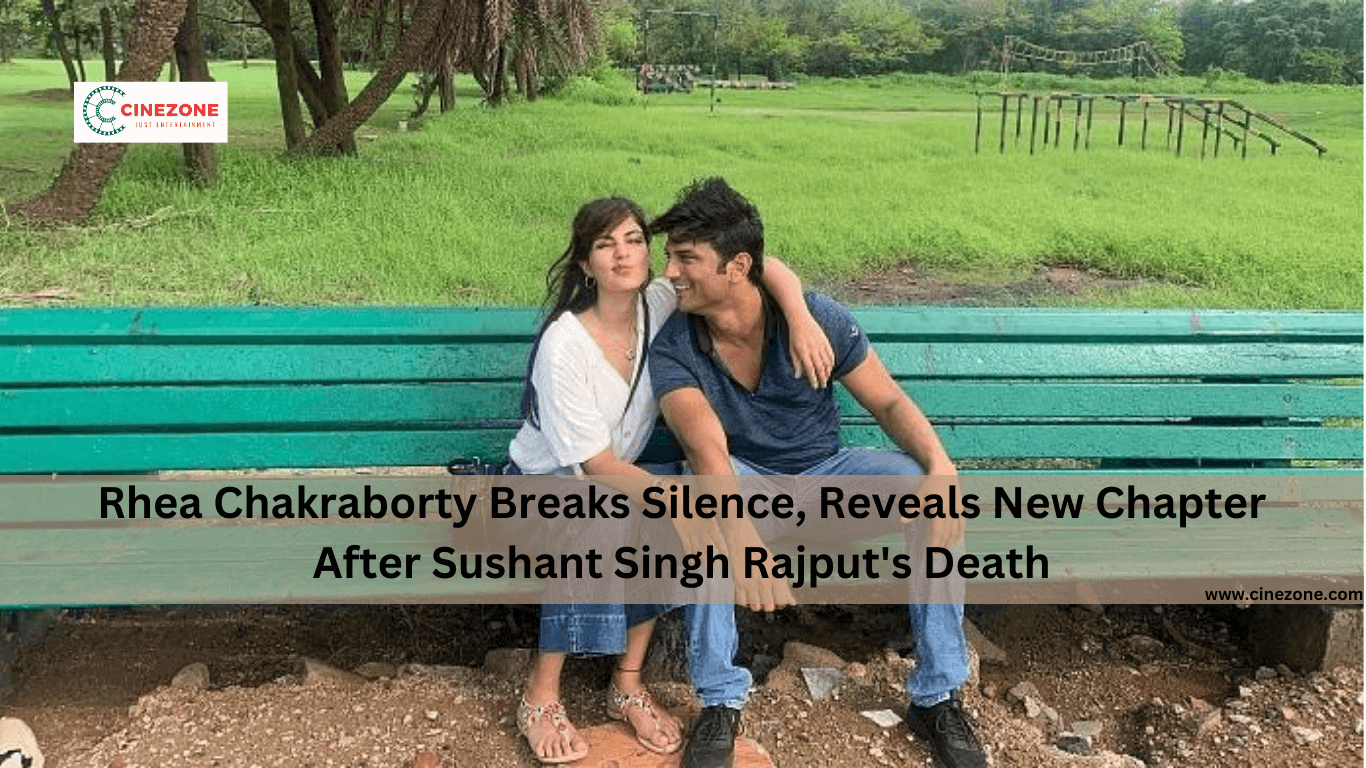Boycott Calls Intensify as Fawad Khan’s Film Draws Controversy Post-Pahalgam Attack
The release of Abir Gulaal, a film starring Pakistani actor Fawad Khan and Indian actress Vaani Kapoor, has become embroiled in controversy following the recent terror attack in Pahalgam that claimed the lives of 26 tourists. In the wake of the tragedy, the Film Federation of India (FFI) has publicly opposed the release of the film within the country, citing heightened sensitivities and national sentiment. The decision has sparked a wave of debate across social and political spheres, as well as within the entertainment industry.
The FFI’s statement, released shortly after the attack, called the timing of the film’s release “highly inappropriate” and urged distributors and exhibitors to reconsider screening it in Indian cinemas. The organization also pointed to Fawad Khan’s Pakistani nationality as a contributing factor to their position, reigniting long-standing Boycott tensions over cross-border participation in India’s film industry. The FFI emphasized that its stance was not based on personal or artistic grounds, but rather on a desire to reflect the mood of the nation and respect the grief of the victims’ families.
Social media platforms quickly became a battleground for polarized opinions. Supporters of the boycott argue that the release of a film featuring a Pakistani actor so soon after a deadly attack allegedly linked to cross-border terrorism is insensitive and inflammatory. Hashtags calling for the boycott of Abir Gulaal and its stars began trending on Indian Twitter, with some users targeting Vaani Kapoor specifically for her involvement in the project. Though Kapoor is an Indian citizen, critics argue that her collaboration with a Pakistani co-star in the current climate warrants scrutiny.
In response to the growing criticism, Kapoor issued a brief statement on her social media handles expressing sorrow over the Pahalgam tragedy and clarifying that the film had been completed months before the incident. She called for empathy and urged the public not to conflate artistic collaboration with political alignment. “Art should be a bridge, not a battlefield,” she wrote. “I stand with the victims and their families, and I hope we can grieve together without turning to hatred.”
Fawad Khan has not issued a public statement since the controversy erupted, and it remains unclear whether he will address the matter directly. In the past, Khan has maintained a low public profile regarding political issues, though he has faced similar controversies before, particularly during periods of heightened Indo-Pakistani tensions. His previous work in Bollywood was met with both acclaim and opposition, especially following the 2016 Uri attack, which prompted the Indian Motion Picture Producers Association (IMPPA) to ban Pakistani artists from working in Indian cinema.
Despite the growing calls for a boycott, some voices within the Indian film community have come forward to defend the film and its creators. A few prominent directors and actors have urged the public to differentiate between politics and cinema, warning against censorship driven by emotion rather than principle. Others have noted that such controversies set a dangerous precedent for limiting artistic freedom and threaten the collaborative nature of filmmaking in an increasingly globalized industry.
Legal experts have also weighed in, pointing out that unless the government imposes an official ban, opposition to the film’s release does not carry legal authority. However, the influence of trade organizations like the FFI, coupled with pressure from vocal segments of the public, can often result in self-censorship or distributors pulling films from release schedules to avoid unrest.
As the situation develops, several major cinema chains have reportedly postponed advance bookings due to Boycott for Abir Gulaal, pending further direction from regulatory bodies and public sentiment. Independent cinemas and streaming platforms are also said to be reassessing their plans, with some expressing concern over potential backlash or vandalism if they proceed with screening the film.
The producers of Abir Gulaal have remained Boycott largely silent, aside from an initial statement condemning the Pahalgam attack and extending condolences to the victims. They have urged viewers to see the film for what it is—an artistic work that predates recent events—and to avoid politicizing its content or cast. There has been no official announcement about changes to the film’s release date, though insiders suggest that a delay may be considered if tensions continue to escalate.
This Boycott controversy brings to the surface the complex relationship between art and politics, particularly in a region where cultural ties are often overshadowed by geopolitical realities. For many, Abir Gulaal now stands at the center of a larger debate: one that questions whether art can—or should—exist independently of the context in which it is released. As India mourns the lives lost in Pahalgam, the film industry finds itself once again navigating the delicate balance between artistic expression and national sentiment.
Stay informed with the latest updates- click here





